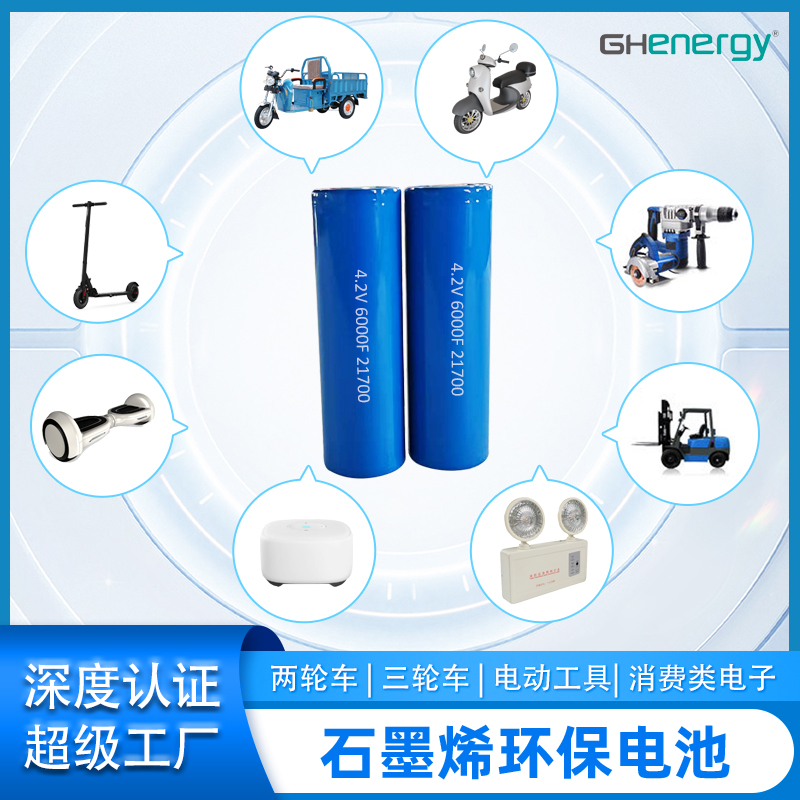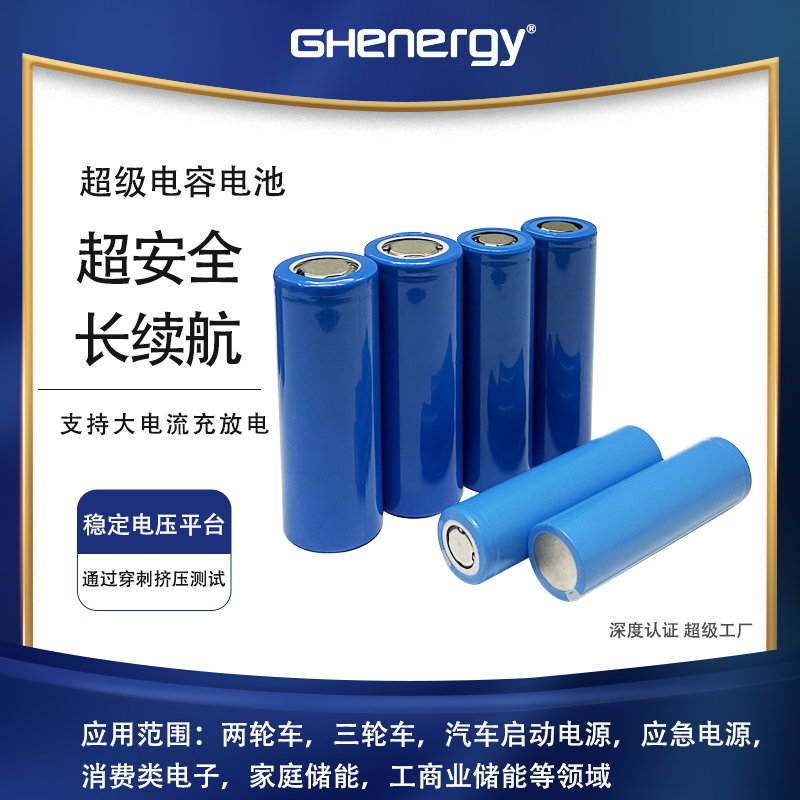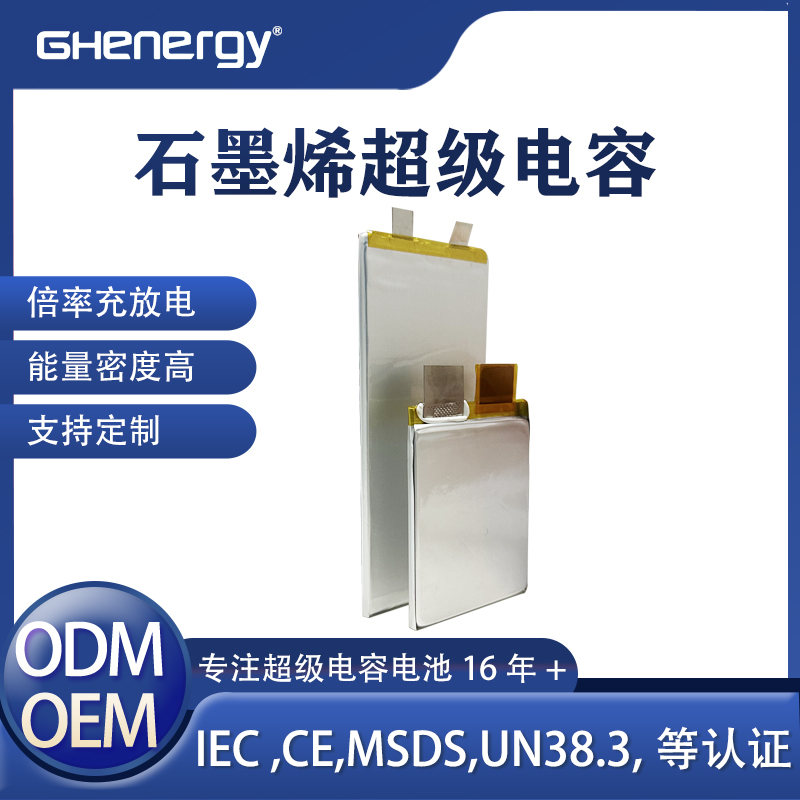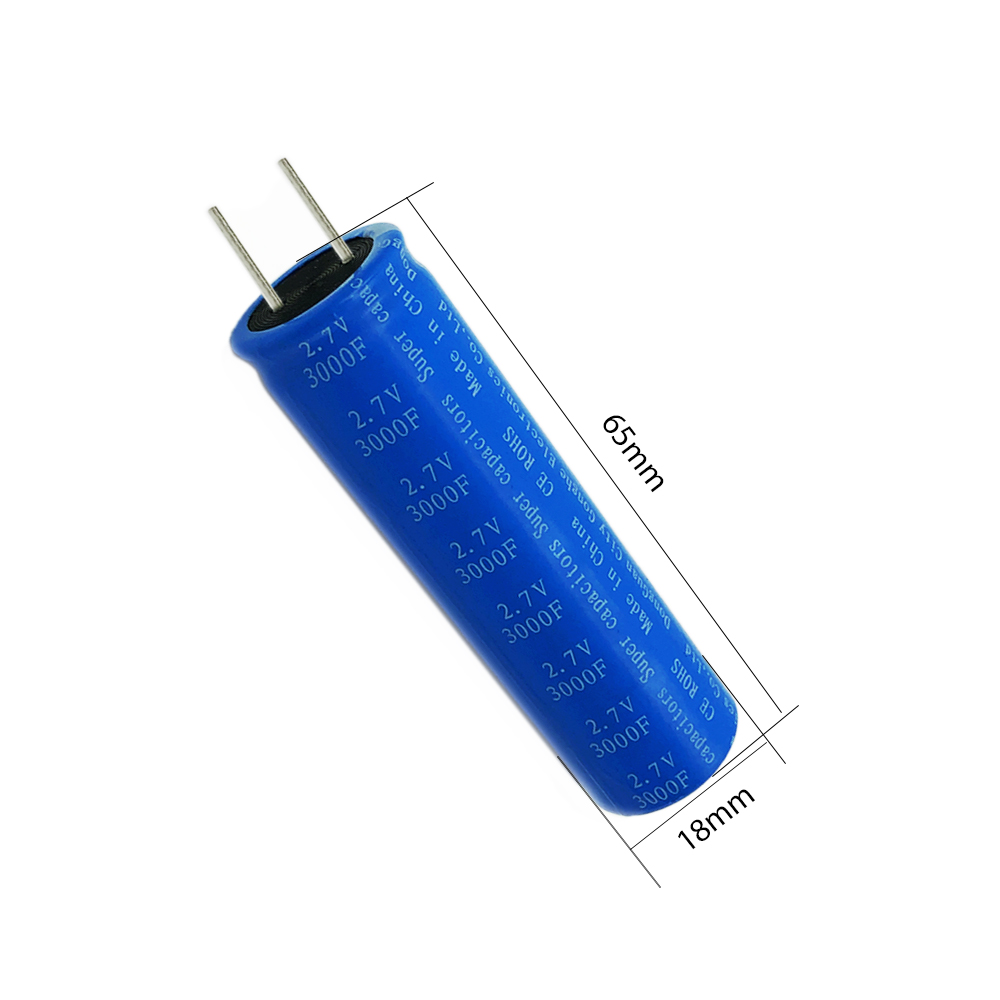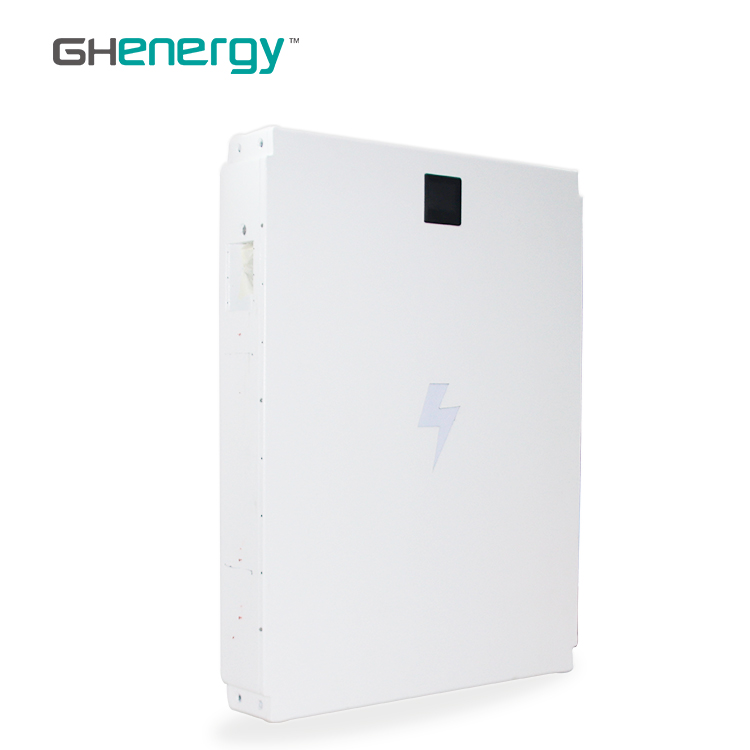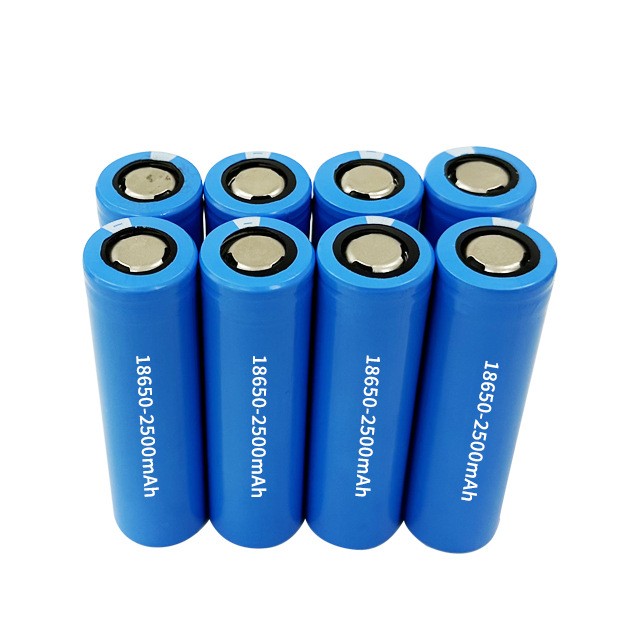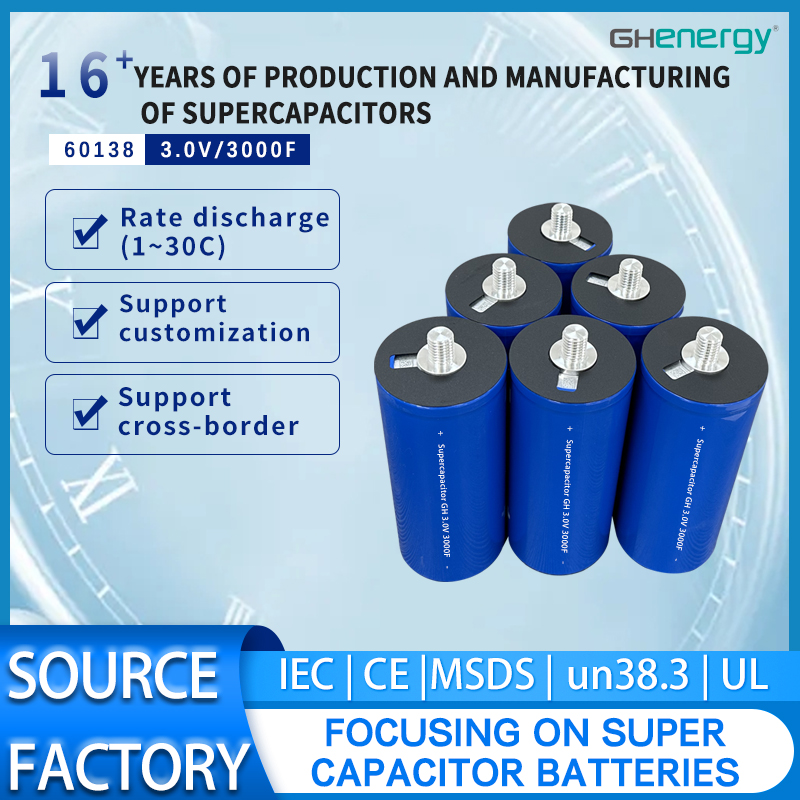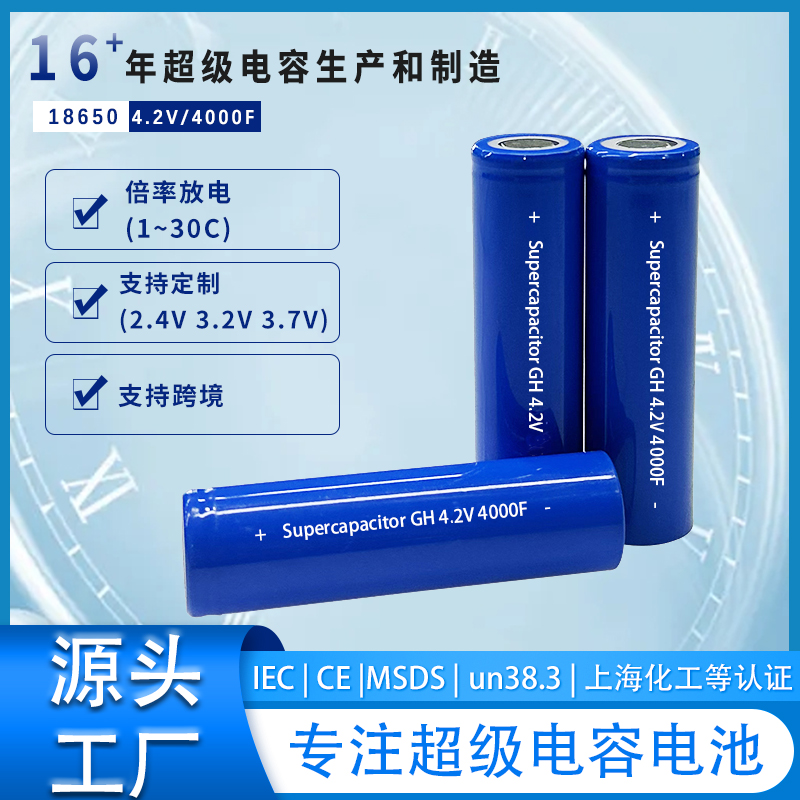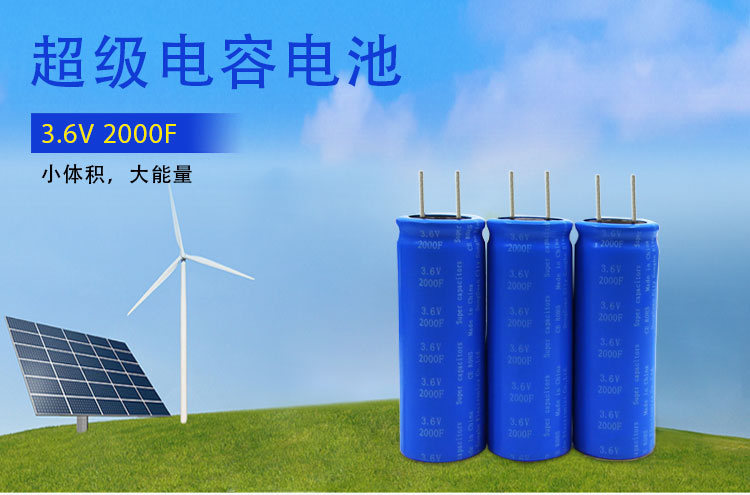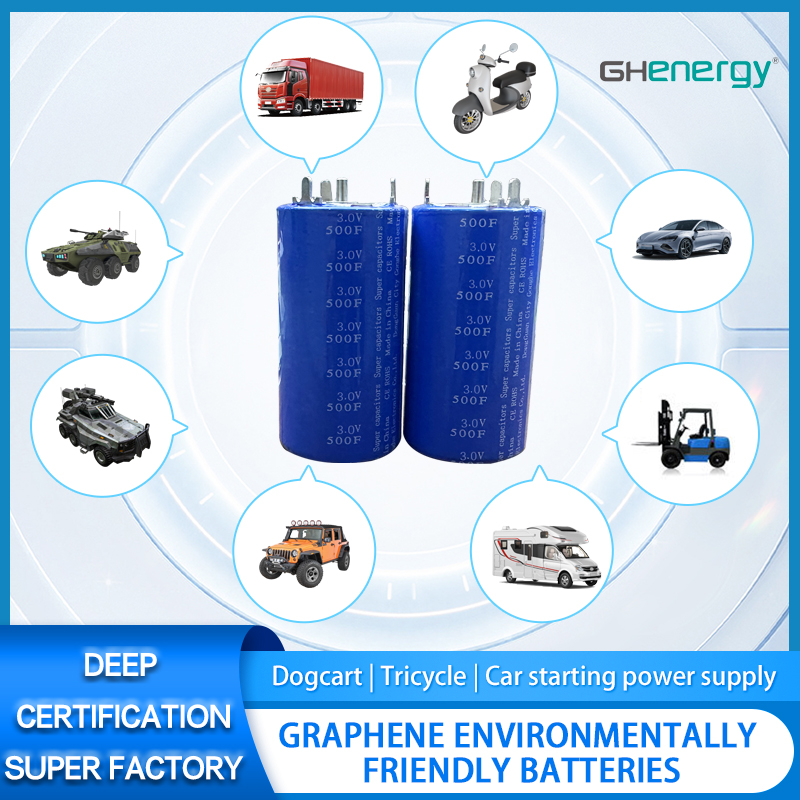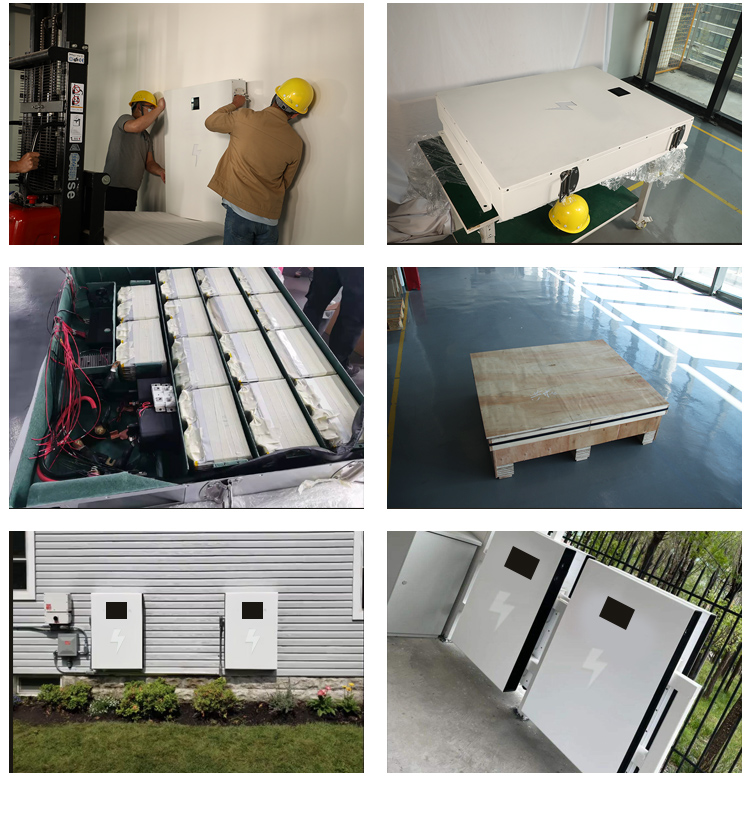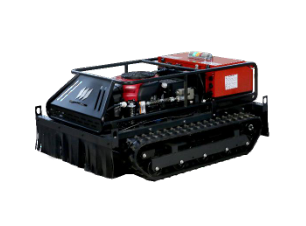Wedoany.com Report-Nov 23, The kick-off meeting was held for the EU-funded GEOSYN project which seeks to validate the synergy between geothermal heat pumps and refrigeration systems.
On 19-20 November 2024, the EU-funded GEOSYN project (“Geothermal Synergy: enhancing industrial energy efficiency through steam high-temperature heat pumps and heat-powered cooling systems with operational flexibility and public trust”) officially began with a productive and inspiring kick-off meeting in the Toscana region in Italy.
The GEOSYN is a Horizon Europe project coordinated by APRE (Agenzia Per La Promozione Della Ricerca Europea) with the scientific coordination of UNIFI (University of Florence, Italy). It was started on 1 November 2024 and EU-funded for a three-year period till 2027.
The meeting brought together a diverse and talented consortium of 10 partners from 5 European countries – Italy (APRE, UNIFI, COSVIG, RIVACOLD, FORMAGGERIA TOSCANA S.R.L.), Norway (SINTEF AS, SINTEF Energi AS), Denmark (University of Southern Denmark), Ukraine (Geothermal Ukraine), and France (NEO-ECO) to set the stage for the project’s ambitious goals.
Project objectives and expected outcome
GEOSYN aims to validate a groundbreaking geothermal steam heat pump coupled with heat-powered refrigeration systems for industrial applications, specifically for the cascading use of heat from deep or shallow rock formations. The solution prioritises environmental sustainability, using water as the working fluid in all sub-systems and anticipates improvements in cost-efficiency for geothermal application developments.
The expected outcome is a substantial increase in the deployment of geothermal resources for heat and cold generation, offering enhanced efficiency, less environmental hazards, portability and more societal acceptance. Additionally, the solution seeks to enable the use of geothermal energy sources in regions with or without significant hydrothermal reservoirs, seamlessly integrated with the industrial setting and showcasing adaptability for widespread use. Furthermore, the solution is planned to be integrated with additional renewable energy sources to improve grid stability and power supply dependability, making it suitable for a variety of geological structural conditions, including district heating networks.
By integrating with thermal energy storage systems, the GEOSYN technology will increase adaptability and operate with a variety of thermal sources, such as waste heat and geothermal sources at varying temperatures. A demonstration campaign will be held in a dairy facility in Italy to showcase and validate the results of the GEOSYN project, and virtual case studies (such as low carbon cement plant in Ukraine) will be assessed to demonstrate the solution’s applicability.
The deployment of the GEOSYN innovation will be supported by awareness-raising and social acceptance campaigns to enhance engagement with civil society. The GEOSYN will engage with policy makers to incorporate the geothermal deployment in local, regional and national policies. Additionally, GEOSYN will inspire young women through the use of female role models to study and take up careers in entrepreneurship and geothermal H&C. Finally, environmental and financial benefit examples of the proposed technology in diverse contexts will demonstrate the affordability of geothermal H&C for production processes.
